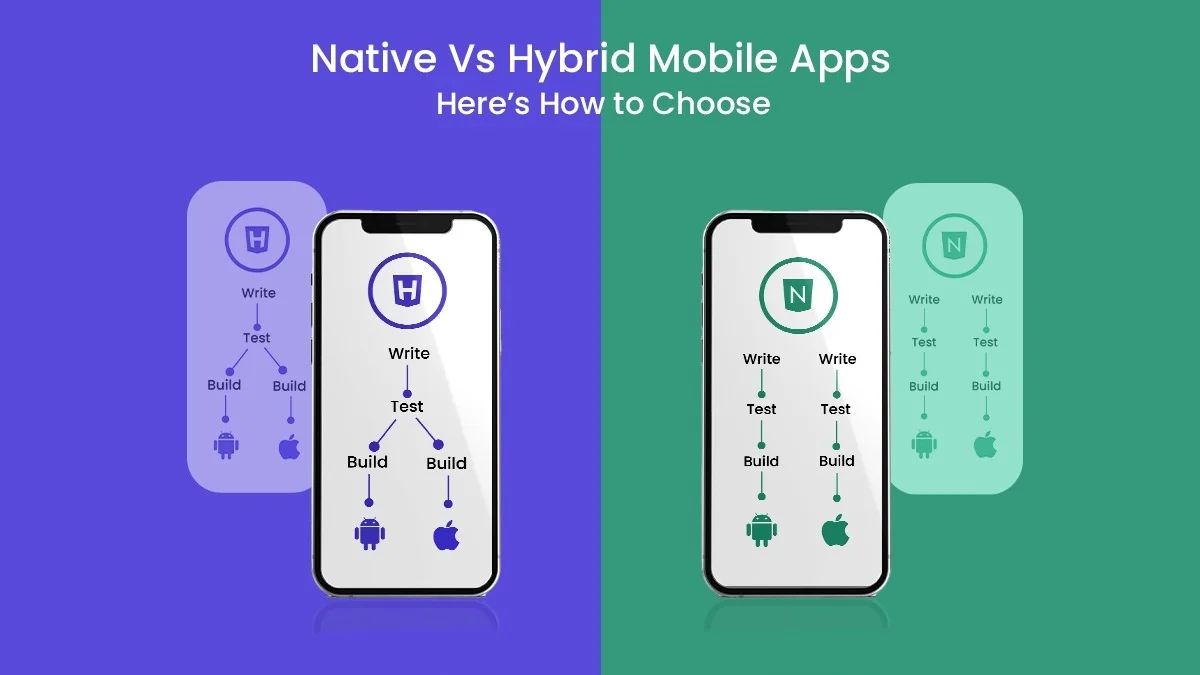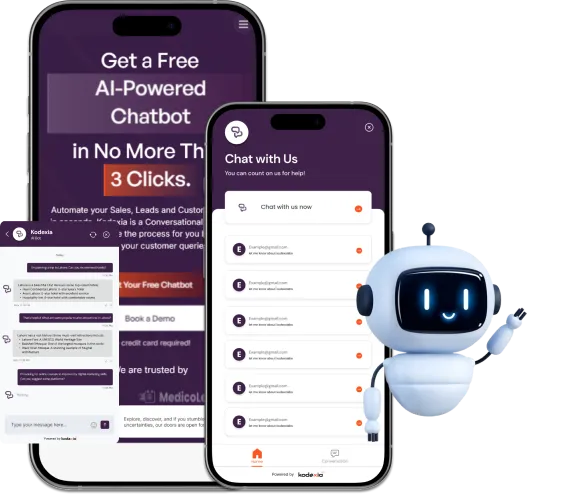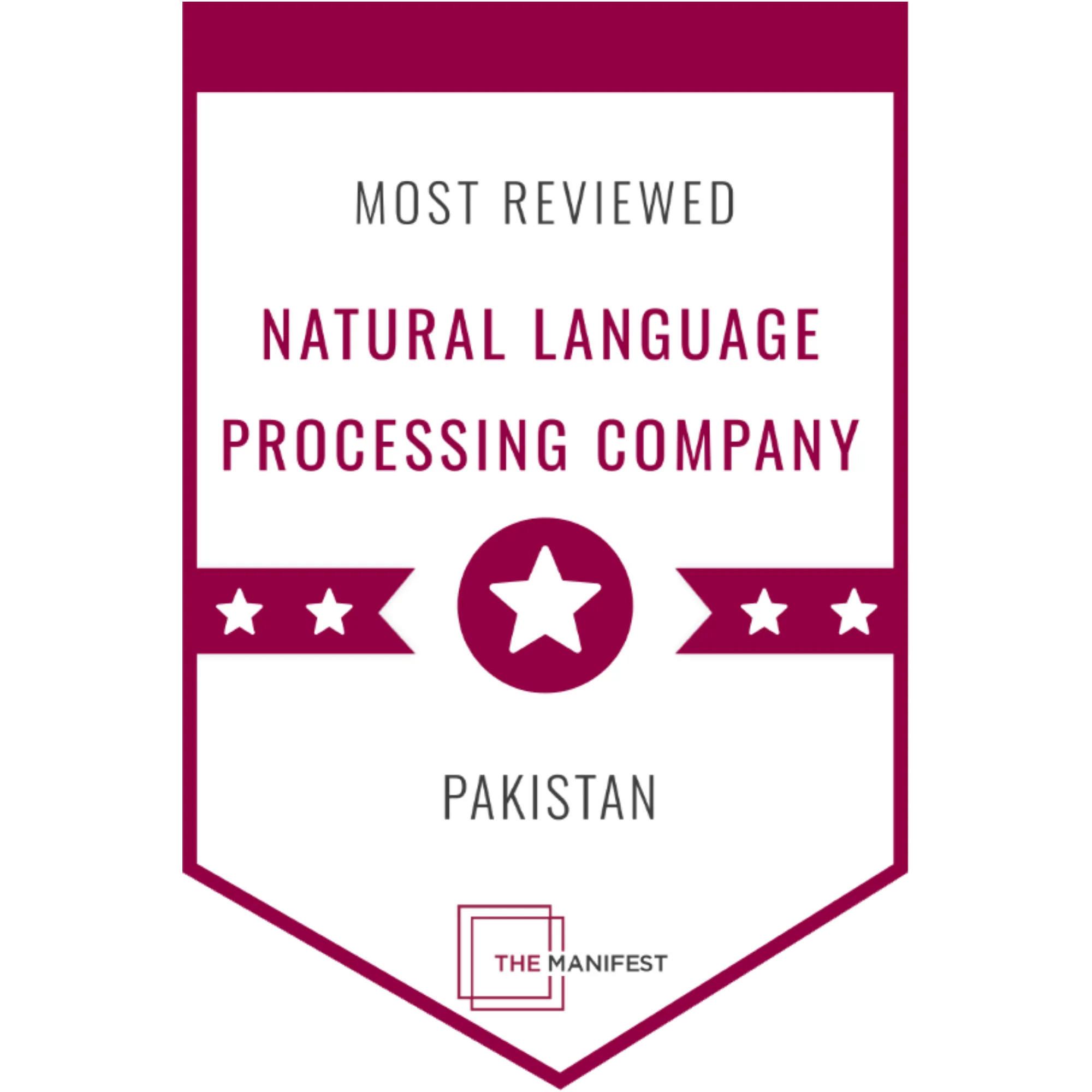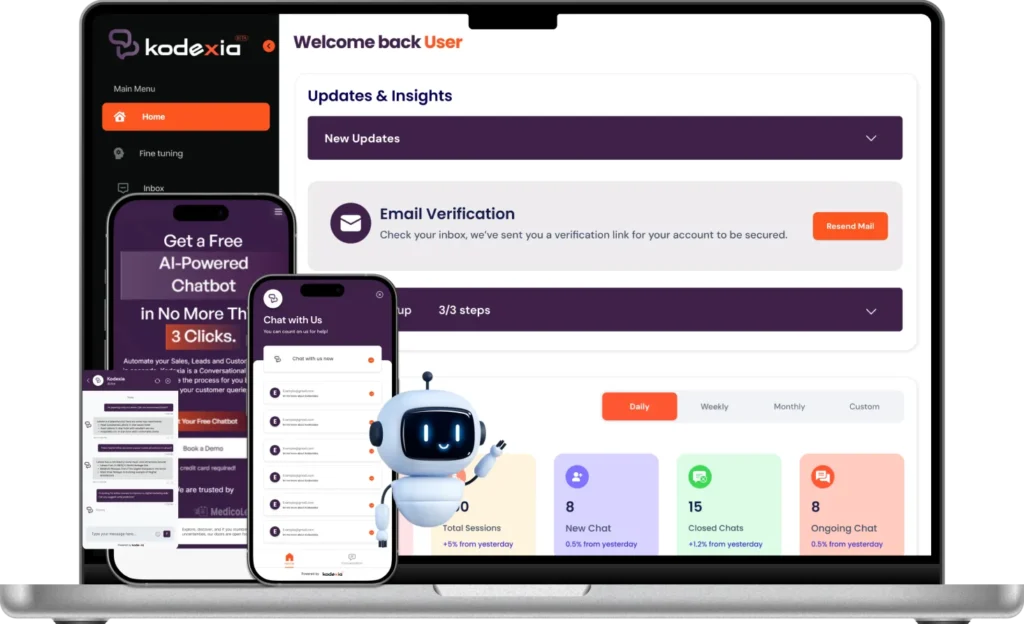
Contents
Deciding on hybrid apps vs Native strategies is an essential desire while developing mobile apps. What are Native Apps & Hybrid Apps? Each approach has its traits and meets various mission objectives. In this article, we’ll examine the differences between react native app development and hybrid app development, move over their merits and drawbacks, and offer statistics to useful resources on your selection-making.

What are Native Apps & Hybrid Apps
Native Apps:
The Native languages and toolkits implemented to software a mobile phone’s OS are used to build Native apps. Considering Native apps have direct access to the tool’s functions and APIs, they offer seamless consumer satisfaction and advanced performance.
Advantages of Native Apps:
- Native APIs may be used to integrate with tool-precise skills like GPS, digital camera, and push notifications.
- They provide first-rate performance and users revel in line with customers’ alternatives.
Their risks:
- Because separate efforts are required to build for iOS and Android, the method takes longer and costs extra money.
- Through the years, maintaining several codebases for each platform is probably hard.
- Because the requirements are precise for every platform, the improvement process might take longer.
When it comes to Hybrid apps vs native strategies, it’s important to consider the differences in what are native apps & hybrid apps, as well as the merits and drawbacks of react native app development and hybrid app development in your mobile app development journey.
Hybrid Apps:
Hybrid apps are created by encasing web technologies like HTML, CSS, and JavaScript in native containers. This gives benefits in terms of code reuse and development speed by allowing its deployment and use across several platforms.
Advantages of Hybrid Apps:
- Internet developers who are skilled in HTML, CSS, and JavaScript can build hybrid apps greater and quickly.
- Many platforms permit code reuse, which reduces improvement expenses and time.
- To speed up the improvement procedure, current internet development frameworks and libraries may be used.
Drawbacks of Hybrid Apps:
- Performance may suffer as compared to Native apps because of using web views to render the user interface.
- Hybrid apps might be less responsive and slower in some situations.
- If tool-specific competencies are accessible and APIs are confined, the use of apps may be limited.
“what are native apps & hybrid apps“, This provides insights into the advantages of hybrid app development for cross-platform app development companies, emphasizing the importance of skilled developers and the utilization of frameworks like React Native app development & hybrid app development.
What Must You Examine Whilst Selecting One?
The capabilities stated underneath should be considered when figuring out whether to create a native app or a hybrid app, to make a choice that fulfills your necessities:
Overall performance specs:
While choosing between react native app development and hybrid app development, cross-platform app development companies frequently consider overall performance standards. Native development might be the advanced alternative if your app calls for exquisite performance and efficiency.
Audience:
Understanding the needs of your audience’s devices and possibilities is critical in the decision-making process for cross-platform app development companies. The improvement method you choose may be encouraged by this consideration
Constructing resources:
Know-how of your team’s sources and degree of revel, particularly in React Native app development, can help decide whether hybrid improvement is a better choice. This is particularly crucial for cross-platform app development companies, where having the correct resources can make all the difference
Budget:
Budget concerns are critical for cross-platform app development companies. It’s critical to consider your project’s financial constraints and how they relate to the costs of Hybrid apps vs native. In the decision-making process for hybrid app development, careful budget preparation is essential.
Which is the higher preference?
Relying on the suitable goals and constraints of your project, when is Native or hybrid app development better?
Native Apps:
When performance and getting entry to tool-particular talents are critical to your app’s success, go together with native development.
Hybrid Apps:
In case you need to rapidly distribute your app throughout diverse systems whilst operating with minimal sources, use hybrid improvement.
Hybrid Apps vs Native:
what are native apps & hybrid apps is determined by the goals and constraints of your project, with react native app development achieving excellence in performance and access to platform-specific abilities, and hybrid app development being a quick and renewable choice for cross-platform app development companies.
Prioritizing Security and upkeep considerations:
Protection:
Native apps normally have better popularity for protection in view that they undergo a rigorous assessment procedure earlier than being made available to customers via app stores (like Apple’s App Shop or Google Play). It is also simpler to install strong security features because developers have direct access to platform-unique security abilities.
Hybrid apps depend on the web era, which may result in safety flaws. The utility can be liable to internet-based vulnerabilities like Cross-Site Scripting (XSS) or Clickjacking if WebView is used. To lessen these worries, modern-day hybrid frameworks frequently integrate safety safeguards and pleasant practices.
Repairing and maintaining:
Maintaining numerous codebases for iOS and Android may be highly priced and time-consuming. To ensure compatibility with the latest gadgets and working device abilities, Native apps have the advantage of being able to speedy react to platform-precise upgrades and adjustments.
Because of their shared codebase throughout structures, hybrid apps typically require much less maintenance. Updates and trouble fixes can be carried out globally, which lowers development fees and hurries up releases. The framework’s developers will need to resolve any compatibility issues that may stand up with new device functions or platform updates.

Wrapping up
In conclusion, creating native apps versus hybrid apps has advantages and drawbacks. For your mobile app project, thoroughly examine your requirements and constraints to pick the first-rate decision. The success of your app can be significantly accelerated by consulting with mobile development service-providing companies or hybrid app developing teams beforehand to make a decision.
Offline capability:
Native apps can employ the device’s ability to regionally store statistics, permitting some functionalities to feature with no problems when the user is offline. That is particularly helpful for apps like notice-taking apps and navigational equipment that need to work without a web connection.
Offline functionality can be incorporated into hybrid apps, however, they are probably constrained in evaluation to native packages. Considering that WebView is utilized by hybrid apps to render the person interface, a few tactics might also need a web connection, to affect how the consumer experience is when they are offline.
Overall Performance Optimization:
In terms of the native app’s overall performance optimization, developers have complete power. They can optimize aid utilization and shorten load times through the use of platform-precise tools and methods, improving app performance standards and improving user revel.
Due to the reliance on WebView, overall performance optimization in hybrid apps can be extra difficult. Modern hybrid frameworks, however, are continuously improving their performance skills, and developers can follow optimizations through the use of a spread of methods and third-party libraries.

Author Bio
Read More Blogs

Bias in AI – Does AI Actually Hallucinate while Processing Information?























